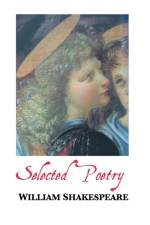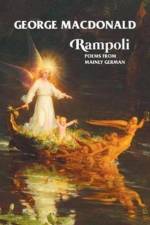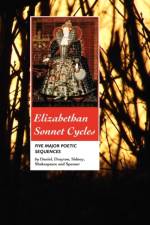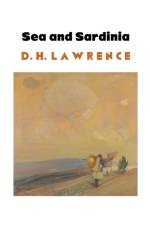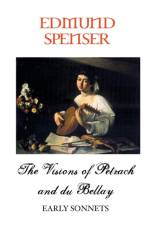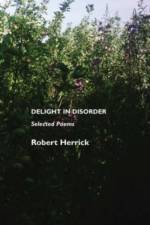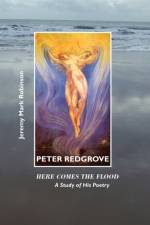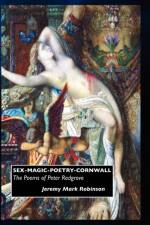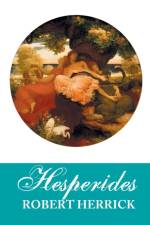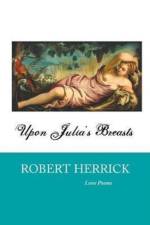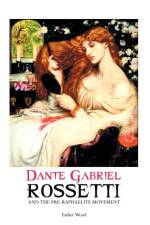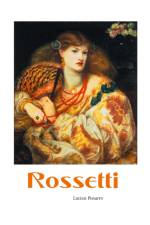- Love Poems
von Robert Herrick
21,00 €
ROBERT HERRICK UPON JULIA'S BREASTS: LOVE POEMS Edited by M.K. Pace ROBERT HERRICK (1591-1674) was one of the Cavalier poets (other Cavalier poets included Suckling, Carew and Lovelace). He was born in London and lived much of his life in the rough remoteness of a parish in Devonshire. He studied at Cambridge (St John's College and Trinity Hall). His law studies were dropped in 1623, and he was ordained as a deacon and priest in 1624. There are many poems in Robert Herrick's work of love - about love desired, lost and mourned. Herrick is very definitely a 'Muse poet', to use Robert Graves's term. There are many poems about several mistresses, 'my dearest Beauties' he calls them in 'To My Lovely Mistresses' (Anthea, Perilla, Electra, Blanch, Judith, Silvia, and the most beloved of all, Julia). There are many poems to certain 'muses' or 'maidens'. The sheer number (and quality) of Robert Herrick's poems to Julia attests to his deep passion for the friendship and strength of women: 'To Julia', 'To Roses in Julia's Bosom', 'To Julia, Her Dawn, or Daybreak', 'The Parliament of Roses to Julia', 'Upon Julia's Recovery', 'On Julia's Fall', 'His Sailing From Julia', 'Her Legs', 'Her Bed', 'On Julia's Picture', 'The Bracelet to Julia', 'To Julia in the Temple' and so on. Apart from poems addressed 'To His Book', there are more poems in Robert Herrick's output 'To Julia' than to anything else. Julia is 'the prime of Paradise' ('To Julia, in Her Dawn, or Day-breake'). She is utterly adored, often erotically. There are poems which eulogize her breasts and nipples, for instance: 'Display thy breasts.../ Between whose glories, there my lips I'll lay,/ Ravisht', he writes (in 'Upon Julia's Breasts'); other paeans to Julia's breasts include 'Upon the Roses in Julia's Bosom', and 'Upon the Nipples of Julia's Breast'. Her eyes, her nose, her mouth, her blush, her legs, her voice, her clothes, her perfume, her teeth - even her sweat. Robert Herrick's major work, Hesperides or The Works Both Humane and Divine of Robert Herrick Esq., was published in 1648. There are some 1130 poems in the first, secular part, Hesperides, and 272 in Noble Numbers, the religious pieces. Most of the poems in Hesperides have printed on a page of their own. Robert Herrick's poetry (his Hesperides) followed the plan outlined the poem 'The Argument of His Book', with its lyrical evocation of the natural world. Herrick was particularly well situated, geographically, to write nature poetry. Like Coleridge, Wordsworth and Brontë, Herrick lived in the midst of the countryside, in the relative isolation of Dean Prior, on the edge of Dartmoor in Devon. Includes illustrations, an introduction to Robert Herrick, and bibliography. 148 pages. www.crmoon.com

